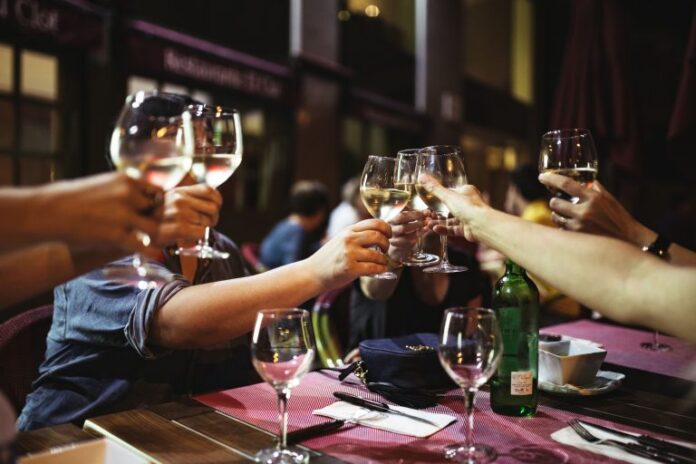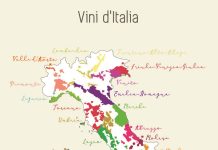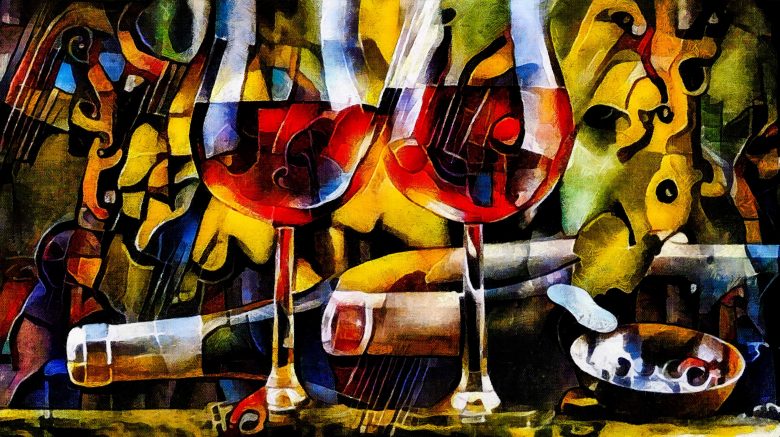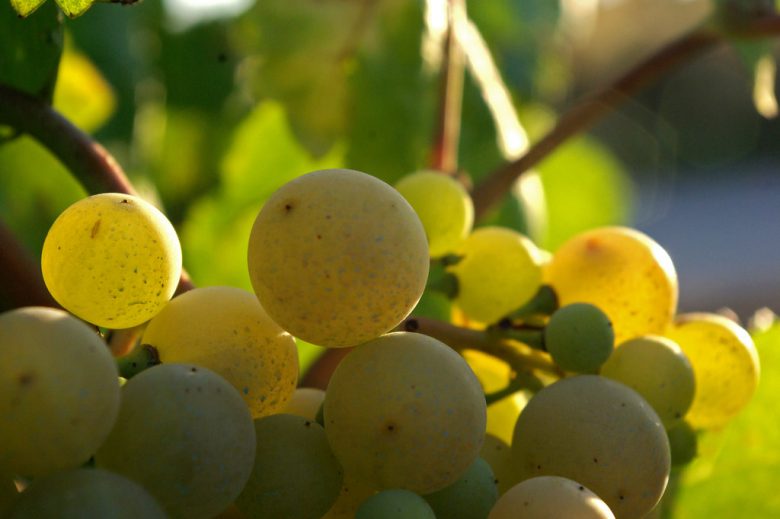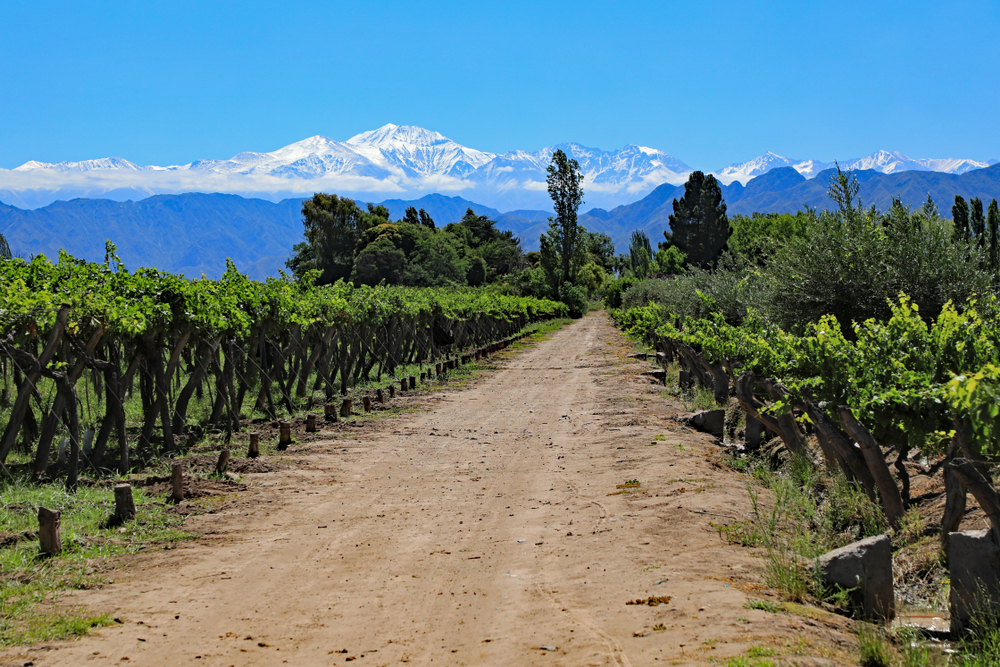The Millennials are a very heterogenous generation. Born between 1980 and 2000, some enter their 40s while others barely reach legal drinking age. What is their relationship to wine? Not really experts, not necessarily newbies, the millennials are rather more like wine lovers. And if they don’t always know the grape varieties, or the vocabulary related to wine, it doesn’t really embarrass or frustrate them.
The context
To understand the relation between millennials and wine, we need to get the context. And a few dates and facts will help.
Since 2010: Over the last decade, the United States became the world’s largest wine consuming country. Followed by France, Italy, Germany, and China.
In 2015: 5 years ago, 42% of all wine consumed in the US was drunk by the millennials (159.6 million cases of wine)
2019: 65% of all online alcohol sales was wine (2019) in the USA. After a decade of drastic increase of online wine sales, it stays steady at 44% in France.
2019: Canned wine sales increased by 125%, doubling in just 1 year in the US. In Europe, new innovative packaging emerged but wine in cans did not find its way.
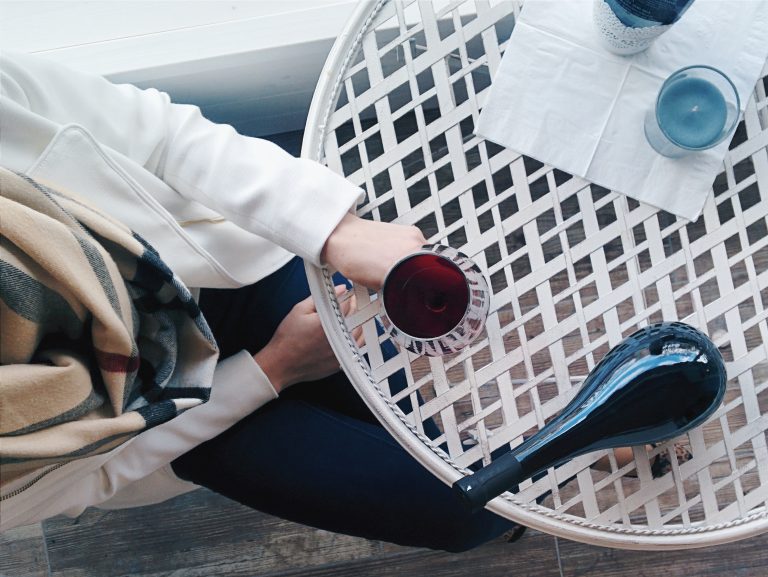
Here are some facts that differentiate the millennials from the other generations.
The millennials dine out more than any other generation. And they travel more. Even if they don’t have much money. So they learn what’s outside of their environment. And if the “generation X” (40-55 years old) still spend more in wine, it’s a matter of financial mean: the millennials don’t have enough money to spend on wine. And they would if they could. Actually, they’re more likely to spend more for a bottle of wine than the older generations, because there’s a strong tendency to “consume less, but better.”
A generation with new consumption habits
The main difference between the millennials and the older generations is the way they consume. With them, new habits of consumption emerged.
Of course, Internet has a part to play in these changes. Millennials love to share: they use social media to find services and products but also to share their experience, talk about what they liked or didn’t. Indeed, they want “real” recommendation, based on their taste. Even if it means getting the info online, from “strangers” like influencers and bloggers.

They’re also used to getting what they want, easily and fast, so online preferably. Yes, millennials love convenient things: they want to buy online, get their wine at home, and why not drinking it from a can instead of a bottle.
Moreover, they tend to value quality over quality. They’re willing to pay for an experience and they don’t need to reproduce it often. And this is also accurate when it comes to food. They’re aware of health and calorie intake, and if they want to enjoy a glass of wine, they will get info, and try out something new, maybe from another country or why not organic or even vegan.
Whatever the area, millennials are looking for experiences, oriented in taste. They want authenticity and convenience.
The Internet
As we said, millennials use internet to find advice and to buy, during sales, boxes, cans, etc. and directly from the wine producers. As a consequence, the winemakers developed their sales online to satisfy them. Wine producers and retailers take interest in this generation who shows healthy and virtuous consumption new habits, like local or organic wines.
The producers understood the demand of this new target group and they make wine less intimidating (i.e. fun and informative labels, VR/AR). Indeed, millennials grew up with the idea that wine was for knowledgeable and pretentious people, so the industry had to change to address them. There was a need to dedramatize the wine, hence the emergence of cans.
The geographical differences
All that being said, not all millennials over the word have the same relationship to wine. For example, whereas in France or in the “old world” where wine is cultural, millennials still show tendency to choose wine by region more than in the US where millennials prefer new styles and packaging.
Another difference between the “new world” and the “old world” is the consumption: the millennials are increasingly consuming wine in the US, China, or India and decreasingly drinking wine in France, Italy, Spain, Germany…
But they all have some things in common: their mostly prefer red wines, light, and innovative labels. Brand reputation is very important, as they value sustainability and wines/winemakers with a story to tell.
The need for experience – A generation in search for values
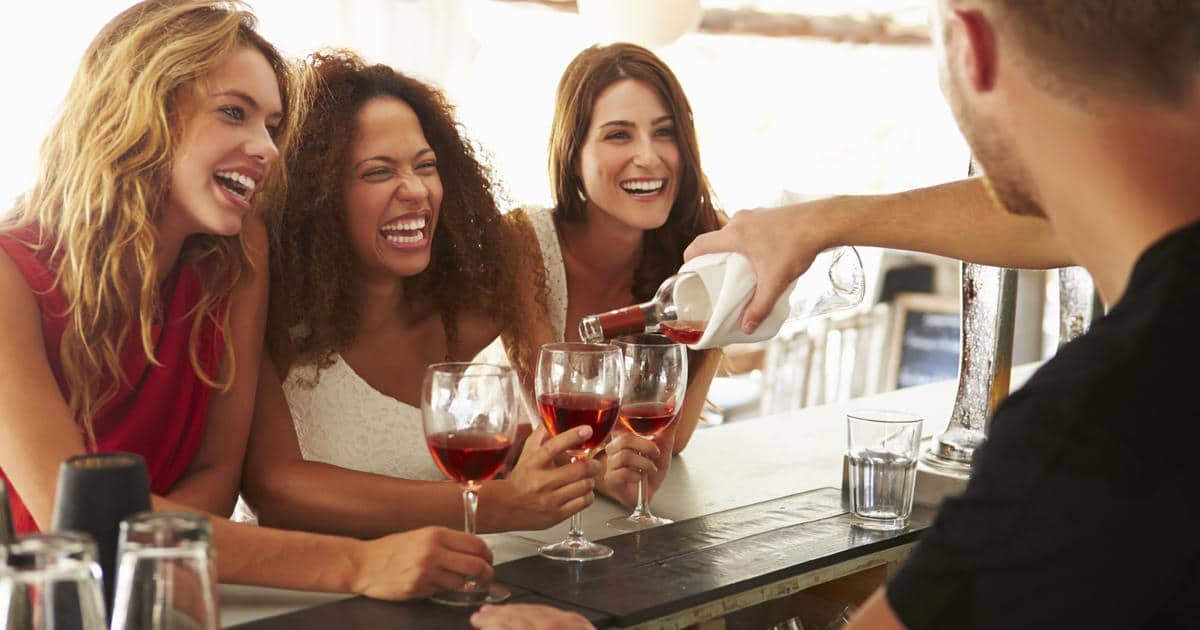
Like any other thing in their life, millennials want to enjoy their experience, they want new, uncommon, innovation… They have very high expectations and value uniqueness.
And unlike older generations, they need personal advice, from “real” people, friends, etc. They don’t want to choose their next wine experience from the ratings of a famous review or from experts. They address wine from a very human side, they want to know the story behind the bottle, they want to share the experience with friends and through the social media. For them wine is a fun and social drink.
Conclusion
Wine still has a strong place among the diversity of alcoholic beverages that millennials have access to, and that older generation didn’t have. There are craft beers and ciders, cocktails, spirits from different places in different contents, etc… They don’t know or use the wine vocabulary, they’re not experts but they don’t really care, they just want to easily find something that would satisfy them. And yet millennials have a substantial interest in wine. Just maybe in a slightly different way than the other generation.

